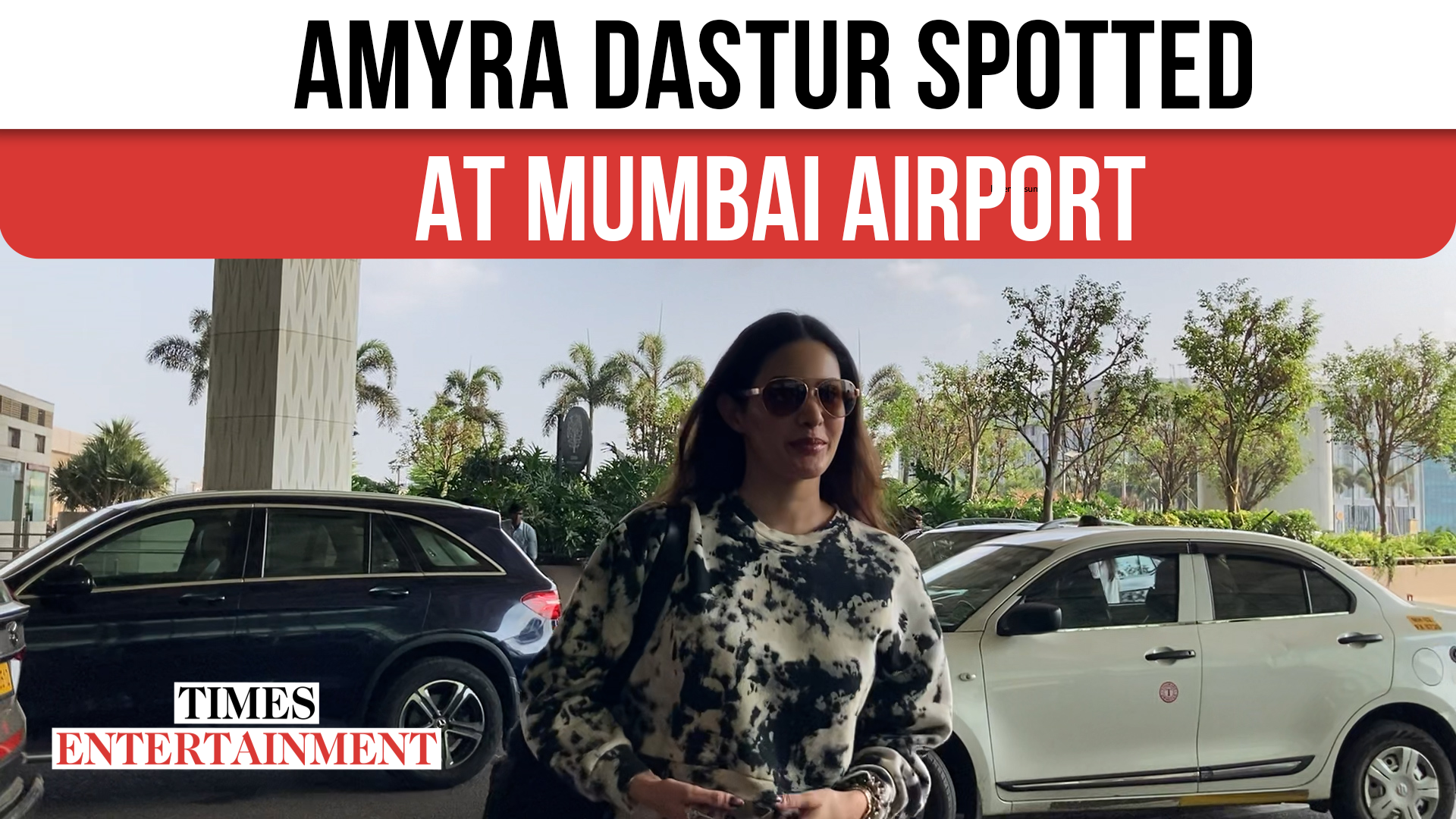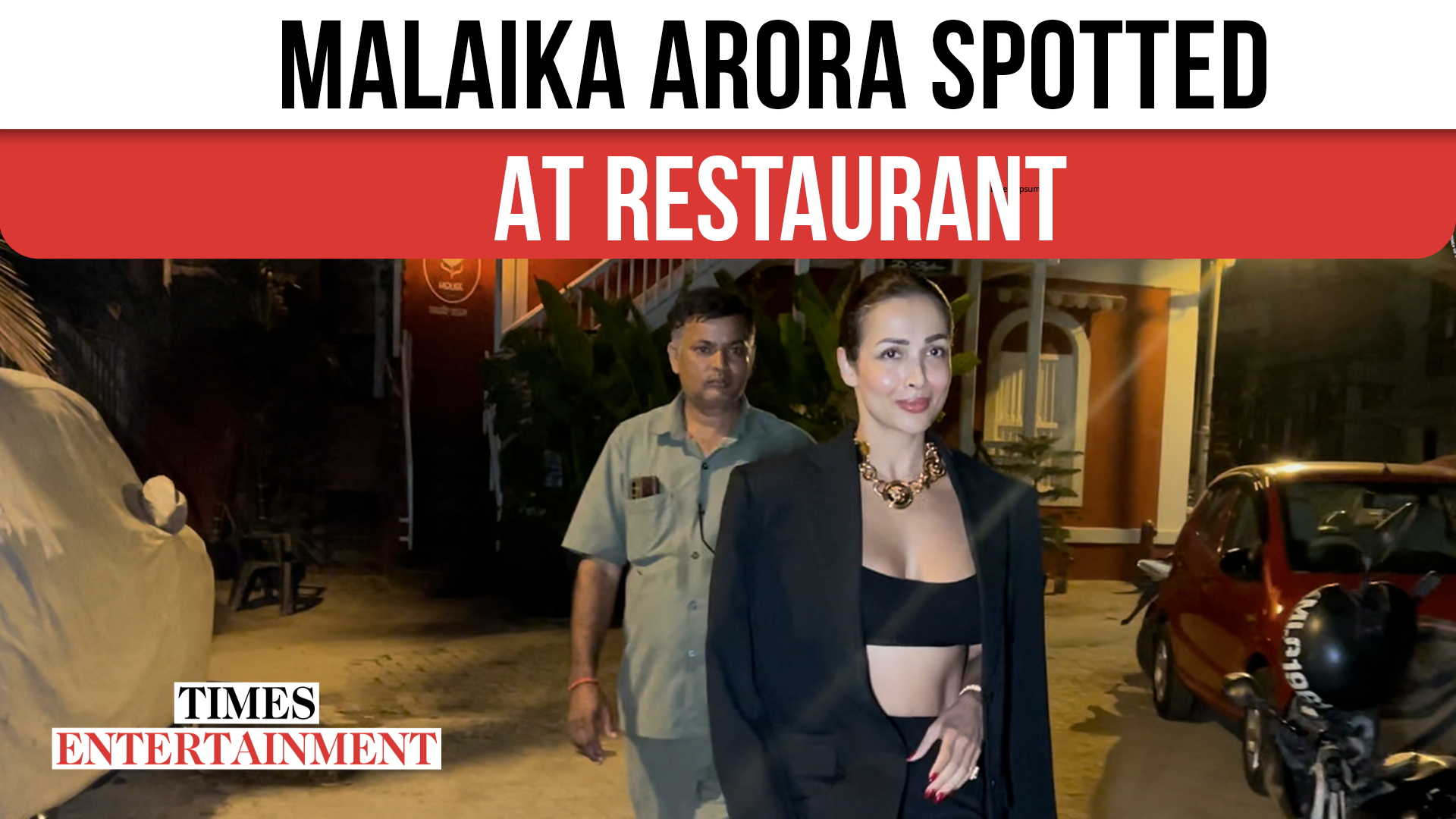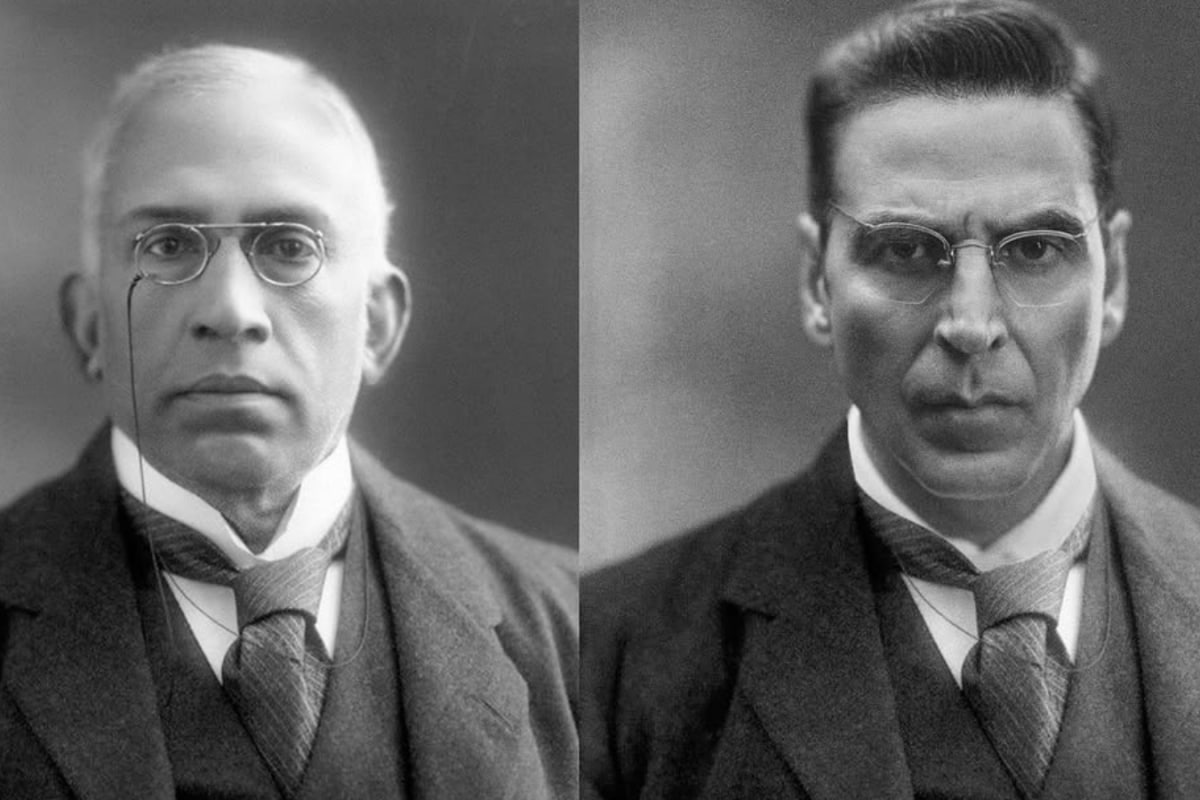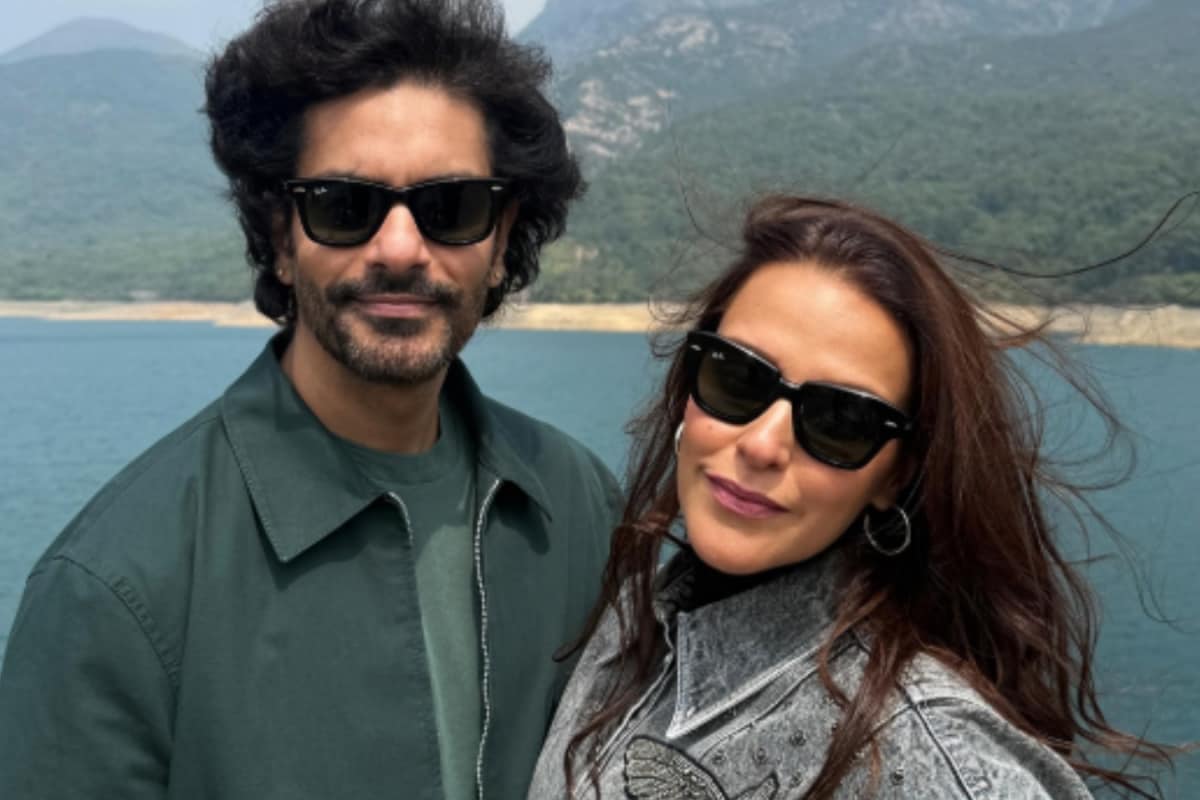Mumbai: Nestled atop the Sahyadri Mountains, the 14th-century Sinhagad Fort in Pune stands as a testament to Maharashtra’s rich history. For decades, its rugged pathways have been lined with local vendors offering traditional delicacies to weary trekkers. However, the increasing footfall raised concerns about conservation, safety, and sustainability, putting both the fort’s legacy and local livelihoods at risk.
This created an urgent need for a structured, durable solution, prompting a transformative collaboration between the Maharashtra Forest Department (MFD) and Tata BlueScope Steel (TBSPL).As tourism flourished, makeshift stalls began to overcrowd the fort, raising concerns about safety, waste disposal, and environmental damage. Exposed to extreme weather and lacking proper storage, vendors faced declining earnings and increased risks.

With 70 registered vendors relying on these businesses for survival, a sustainable solution was critical.In 2022, the Pune division of MFD initiated a plan to relocate these vendors to a designated area near the fort, securing land from the Maharashtra Tourism Development Corporation (MTDC). .
100 trees chopped off on Parsik Hills near CIDCO, greens warn of landslides.Recognizing the need for permanent, weather-resistant structures that aligned with the fort’s heritage, TBSPL was invited to contribute through its CSR initiatives. The mission was to design and construct kiosks that not only ensured the vendors’ livelihoods but also preserved the aesthetic and environmental integrity of the site.
The project was fraught with challenges. Heavy monsoon downpours and high humidity threatened construction timelines, while the fort’s remote location meant materials had to be transported manually across rugged terrain. Despite these hurdles, Tata BlueScope Steel’s commitment to community and sustainability remained steadfast.
Leveraging their expertise in lightweight, corrosion-resistant steel, they created modular structures that could be assembled on-site with minimal environmental impact. Battery-operated machinery mitigated power supply issues while meticulous planning ensured that the local ecology was preserved, with no trees harmed during construction.December 2024 marked a significant milestone as the newly constructed 8x10 feet foldable stalls were inaugurated.
Designed with input from the vendors, each kiosk includes features such as leakage-proof systems, dedicated sections for garbage disposal, and safe storage for gas cylinders.By integrating sustainable materials and local insights, these kiosks not only protect vendors but also enhance the experience for tourists, offering a cleaner, more organized environment.The shift to advanced steel solutions has empowered vendors with greater business stability, improved earnings, and enhanced working conditions.
Unlike previous arrangements, which posed health risks, regulatory challenges, and vulnerability to weather, steel offers a sustainable and in-demand product, ensuring consistent opportunities for growth. With easier handling, lower maintenance, and long-term reliability, vendors can build stronger customer trust, expand their market reach, and improve their overall quality of life through safer and more profitable trade.“Our journey is deeply rooted in shaping a safer, stronger, and more sustainable India through cutting-edge steel solutions.
With every product, we uphold the values that define us—excellence, resilience, and responsibility,” said Priya Rajesh, DGM Marketing & Corporate Communication, Tata BlueScope Steel..












